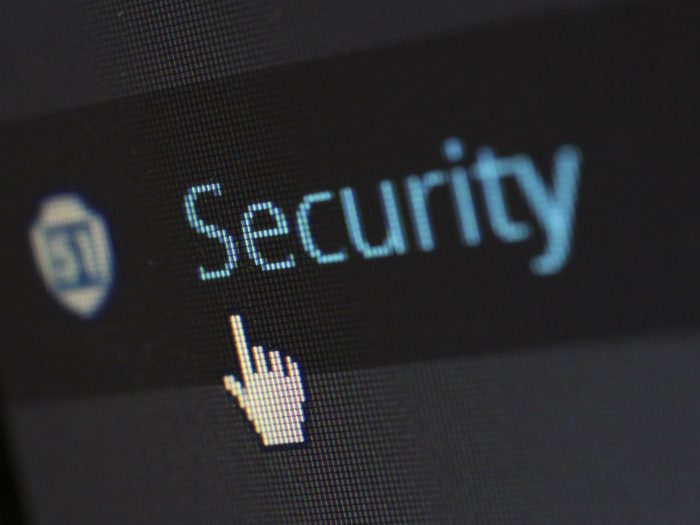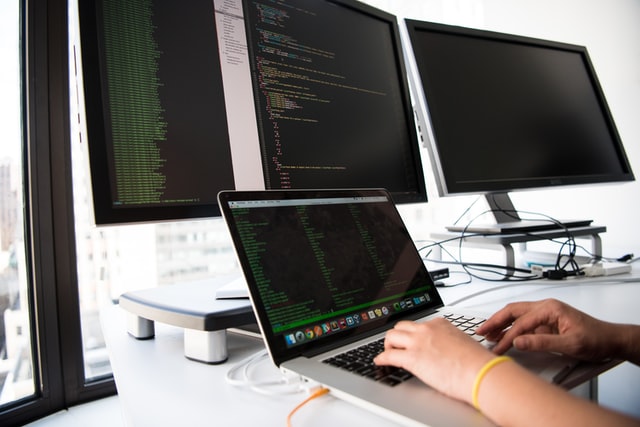Anyone who has caught a glimpse of the news will have already seen a continuous steam of cybersecurity incidents, from hacks to data exposures. Nobody is safe, even governments have had online security breaches. However, the most common to fall victim are consumers and citizens.
This summer, we witnessed an attack in China that affected even iOS systems, which was previously thought to be almost impossible. Not to mention the US government being restricted for days because of ransomware attacks.
Cybercriminals and hackers are becoming more and more creative with the methods they are using. While we assume that new technologies are there to make our life easier, they also provide ideal situations for hackers. There is a window of opportunity for hackers to take advantage of us while we get to know how to use new technology.
This has led to cybersecurity experts noticing trends in certain technologies that have been hacked on several occasions. Below, are 7 technologies that require us to be more cautious than ever.
1. Deepfake Technology
Snapchat and Instagram are hilarious. Most of us have tried the face-swapping filters that can convert our face into a cute puppy or a 60s chick. The ability to change the way we look and sound have made giant steps over recent years. This deepfake technology appears to be just harmless fun.
The problem is, as deepfake technology improves it becomes more and more difficult to tell reality from the fake. It may not be long before hackers are able to use this technology to create online scams, such as phishing. It may become much easier for online criminals to get vulnerable people to hand over personal details.
There are companies that are trying to create AI-driven software in order to detect deepfake images and voices, but it’s difficult it will be a while before such software is on the market.
2. Quantum Computing
As if computers weren’t smart enough, Google has successfully built a functioning quantum computer. What does this imply? Well, this quantum supremacy can channel aberrant phenomena from quantum physics into computing power. In laymen’s terms, this computer could easily break encryption.
This might not worry you until you realize that things like blockchain and financial transactions are encrypted. Hackers don’t have access to quantum computers yet, but technology is advancing at such a fast pace, in years to come, it might be possible. If this is the case, the banking industry is going to have to seriously reconsider the technologies used.
3. The Speed of 5G networks
5G is another technology that is set to provide everyday Internet users with faster internet connections and bandwidth to support even more devices. Experts fear that this additional speed might provide hackers with new methods to target systems on the faster network.
5G devices could be more susceptible to DDoS attacks. The additional speed allows for the victims’ servers to be flooded with traffic. This normally overwhelms a system and causes it to shutdown.
4. The Internet of Things (IoT)
The IoT enables Internet-connected appliances and devices to communicate with each other via dedicated networks. The IoT is now a commonly used technology, used in a great number of industries.
Hackers are already able to use IoT for their own advantages by comprising company operations. Verizon’s shipping vessels had its IoT hacked and criminals were able to track the shipments with the most valuable cargo.
5. AI vs. Cybersecurity
Despite AI being relatively young compared with other digital technology, it is still becoming highly sophisticated for its youth. Hackers are using AI-driven programs to scan networks in order to discover weak spots. They are even capable of copying predictive text functions, victims believe they are talking to the real deal and hand over personal details. It’s only a matter of time before machine learning and AI become part of cyberattacks.6
6. More operations are moving online
Small and large companies, public and private are now choosing to move as many of their operations online as possible. It’s the best way to maximize efficiency, however, the more online we are, the larger the Internet ‘surface’ a hacker has.
If a hacker has the chance to access one of a company’s devices, it becomes a whole lot easier for them to gain access to the others that are connected to the same system, significantly lowering a company’s defenses.



